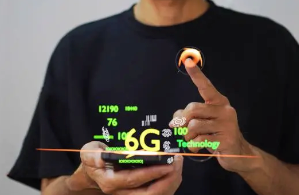The Ethics of Facial Recognition: Balancing Innovation and Privacy

The Ethics of Facial Recognition: Balancing Innovation and Privacy
Facial recognition technology is advancing rapidly, used in airports, smartphones, and surveillance systems. But its deployment raises serious ethical and legal concerns.
What Is Facial Recognition?
Facial recognition uses AI to identify or verify individuals based on facial features. It involves:
- Image capture
- Feature extraction
- Pattern matching
- Database lookup
Applications
- Security : Public safety, border control
- Retail : Customer profiling, targeted marketing
- Healthcare : Patient identification
- Personal Devices : Unlocking phones and laptops
Controversies
Privacy Invasion
People are often scanned without consent in public spaces, violating their right to anonymity.
Bias and Inaccuracy
Studies show facial recognition systems are less accurate for women and people of color, leading to wrongful arrests.
Surveillance State
In countries with limited data protection laws, facial recognition is used to track dissenters or marginalized groups.
Global Regulations
- EU : Considering strict limitations under GDPR and the AI Act.
- US : Mixed responses; some cities like San Francisco have banned it.
- China : Extensive use, especially in social credit and law enforcement.
Ethical Considerations
- Transparency : Who owns the data?
- Accountability : What happens when systems make mistakes?
- Consent : Is it truly optional if facial scanning is required for entry?
Alternatives and Safeguards
- Opt-in systems
- Local data processing (on-device AI)
- Human oversight in decision-making
Conclusion
Facial recognition has potential to improve efficiency and security, but without robust ethical frameworks, it poses significant risks to privacy and civil liberties.




